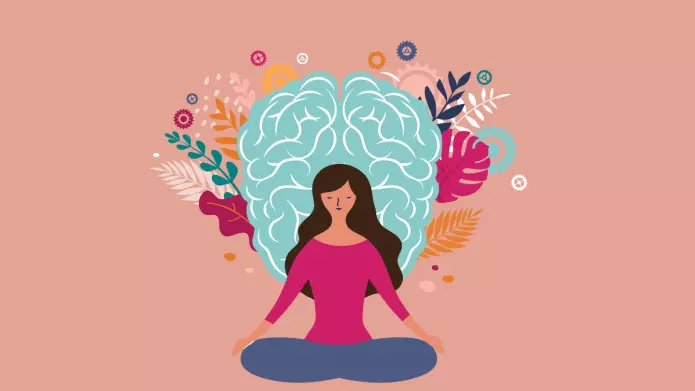The Superpower of the Present Moment: Unlocking the Many Benefits of Mindfulness

In our constantly distracted world, being present in the here-and-now is something few of us do consistently. Our minds are so often runaway trains – ruminating over the past, worrying about the future, making endless to-do lists.
That's what makes mindfulness so powerful. This simple practice of present moment awareness can be a powerful antidote to the stresses of our fast-paced, multitasking lives. And an ever-growing body of research reveals mindfulness can improve our overall well-being in profound ways, both mind and body.
"Mindfulness is really about being fully engaged in the current experience, whatever that is," explains Dr. Elizabeth Nielson, psychologist and mindfulness instructor at the University of Minnesota. "It's about observing your thoughts, emotions, and physical sensations in a non-judgmental way, with curiosity and acceptance."
While mindfulness stems from ancient Buddhist traditions, it has become widely adopted by modern science. Studies show mindfulness practices like meditation, body scans, and mindful movement can provide a diverse array of benefits:
Reduced Stress and Anxiety
By focusing solely on the present, it breaks the cycle of negative thought patterns that feed anxiety. It allows your body to relax and better manage stressful situations.
Improved Emotional Regulation
Mindfulness cultivates the ability to take a step back and avoid getting hijacked by turbulent feelings like anger or sadness. You can observe them impartially rather than repressing or lashing out.
Enhanced Focus and Concentration
Practicing present moment attention can improve cognitive abilities like focus, memory recall, and capacity for learning new information.
Better Sleep Quality
Mindfulness's effects on lowering anxiety and stress hormones like cortisol can improve sleep by allowing your body and mind to enter a calm, restful state more easily.
Lower Blood Pressure
Studies show mindfulness meditation appears to help reduce blood pressure in those with elevated levels by alleviating physical and mental factors that raise it.
Sharper Pain Management
Mindfulness can increase pain tolerance and reduce pain perception by promoting non-judgmental awareness of physical sensations without reacting to them.
"Mindfulness isn't about stopping thoughts or feelings, but observing them with openness and accepting things as they are in the present," adds Nielson. "In doing so, it puts some much-needed space between your sense of self and your experiences."
While mindfulness takes regular practice, even a few minutes per day can be impactful. It's ultimately about training your brain's attentional skills so you can better savor life's daily moments, good or bad, with clarity and equanimity.
